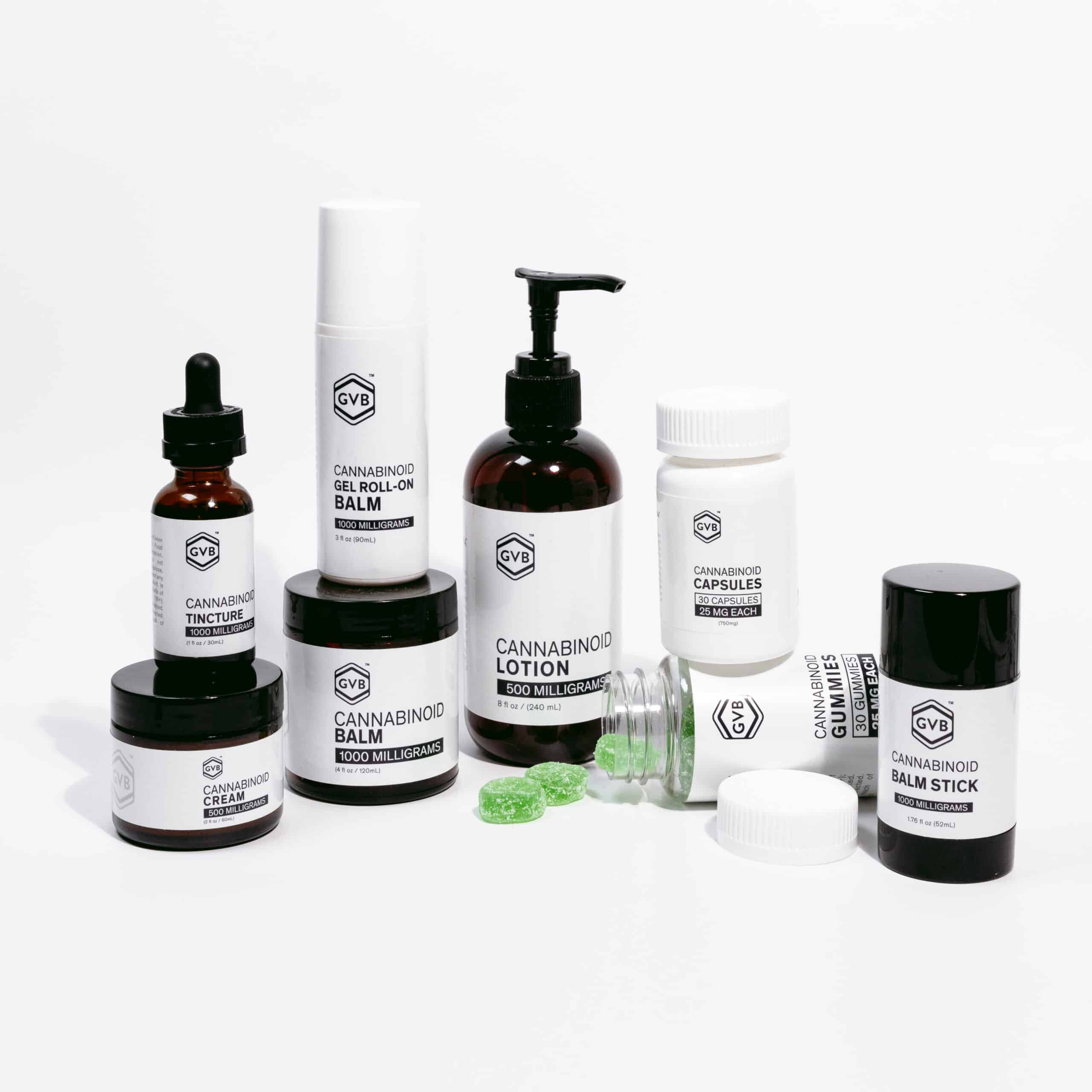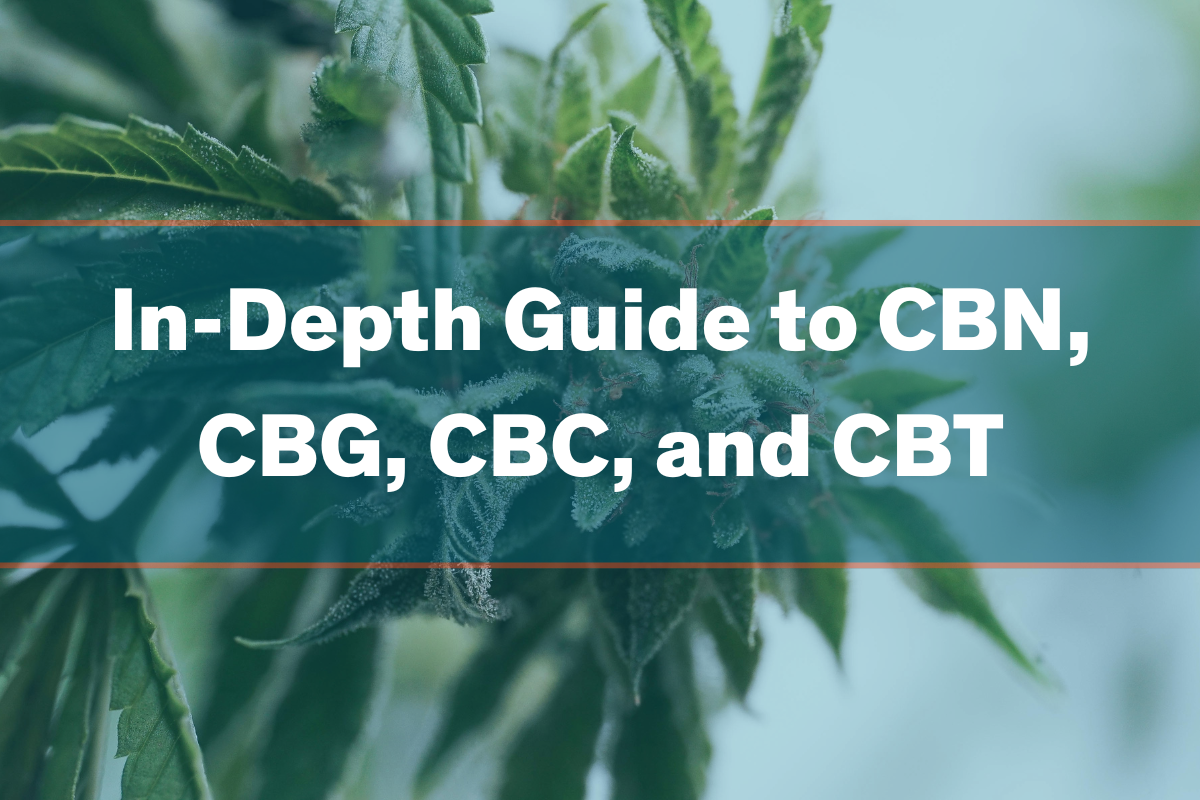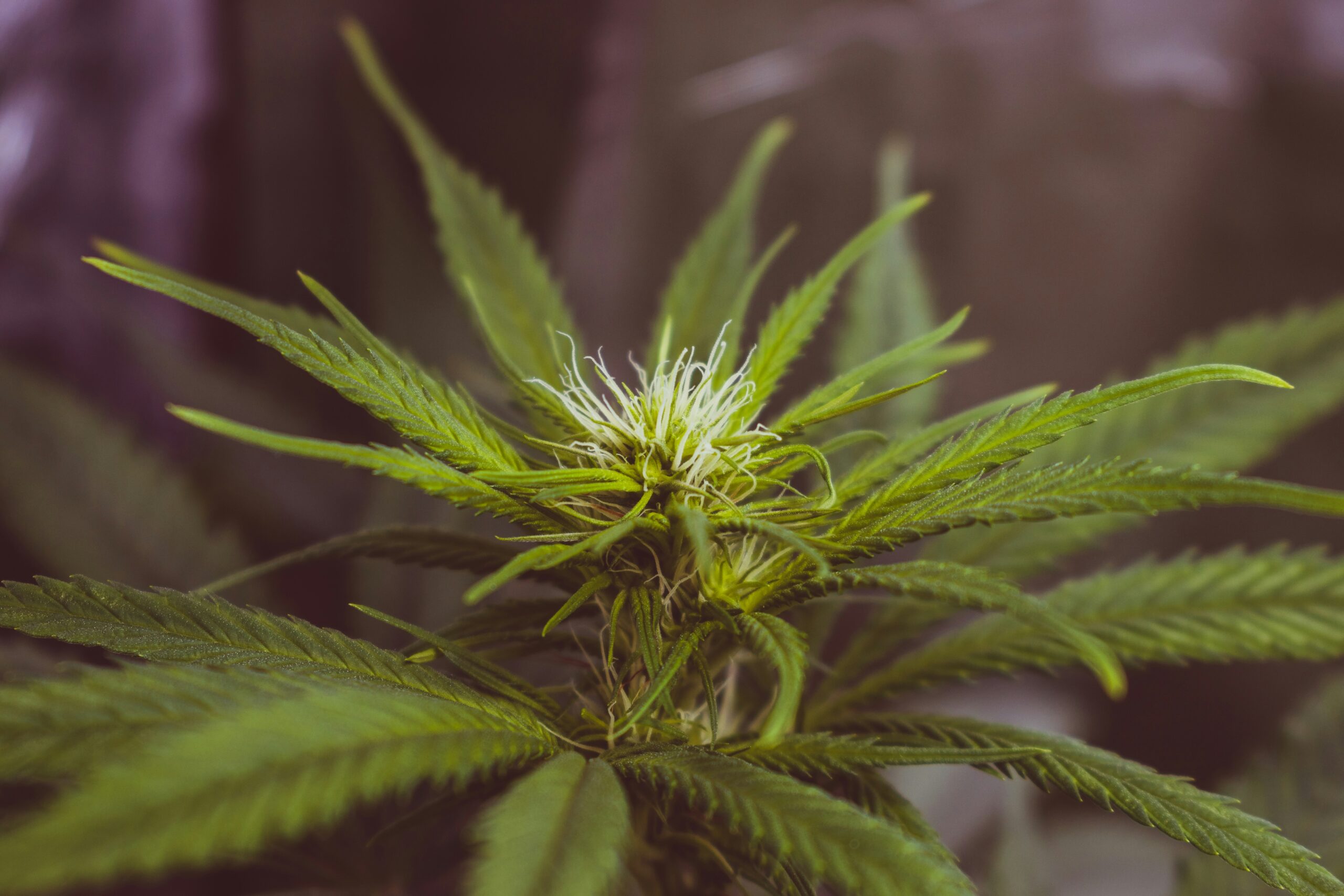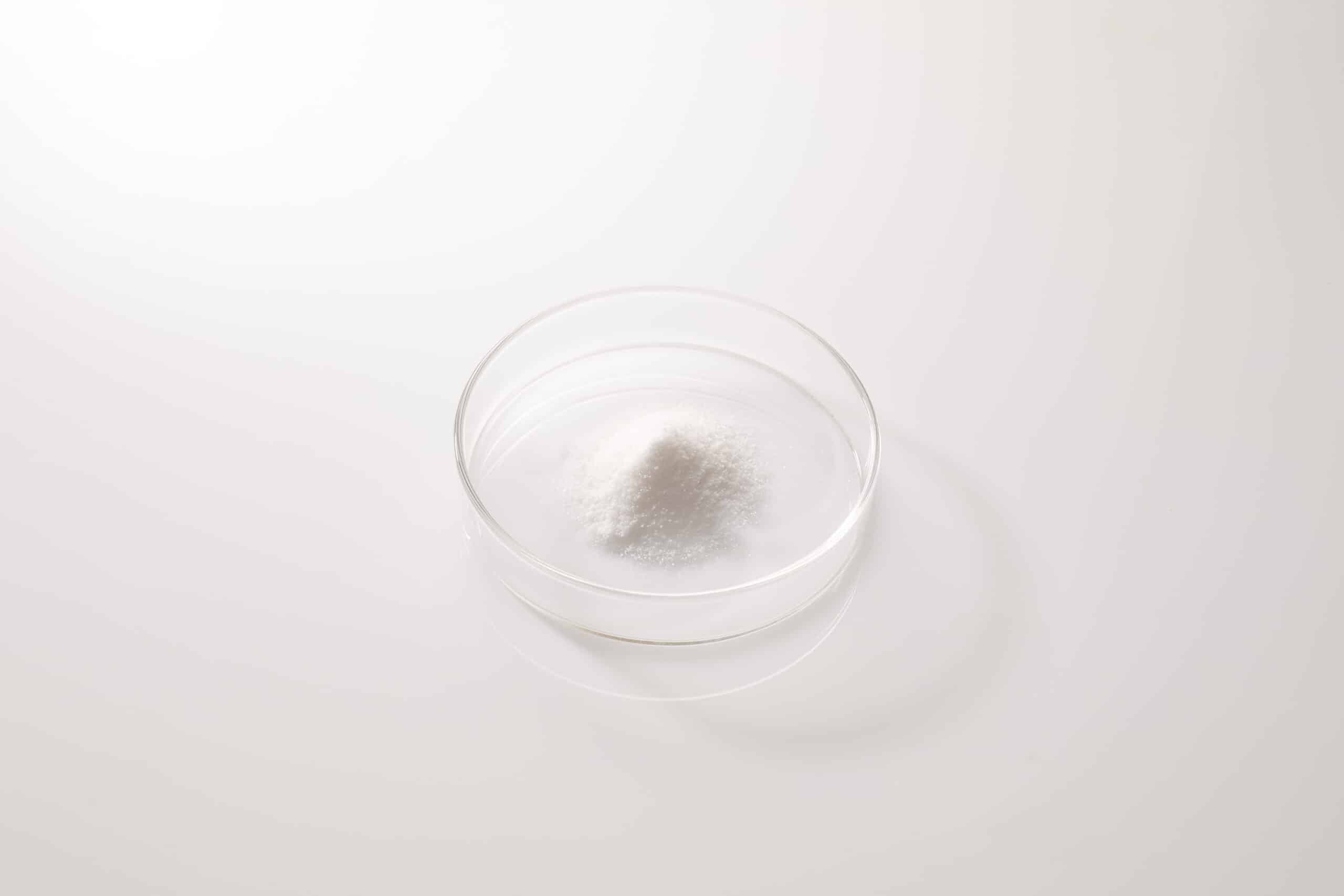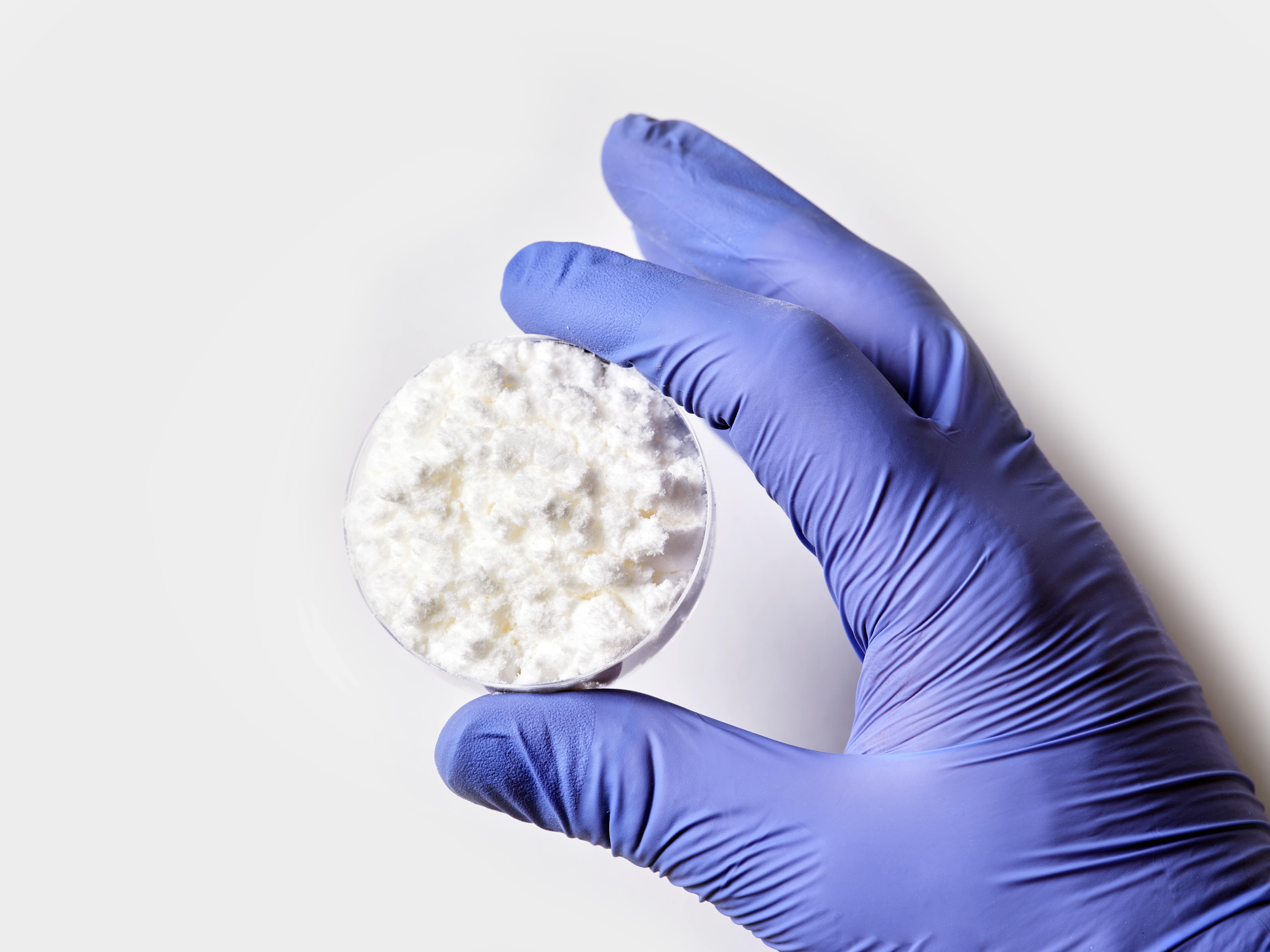The Covid-19 pandemic has placed a tremendous strain on not only the economy but also society in general with businesses and people being affected at crisis levels. All markets felt the economic strain, including those producing hemp-based products. Despite the economic crisis caused by the pandemic, there are a vast number of companies that are benefiting from the introduction of CBD and hemp-based nutraceutical products into the US market. In fact, the demand for nutraceutical hemp seems to be growing exponentially. With the rapidly evolving state of the economy and society in general due to the recent pandemic crisis, it is encouraging to see the rise in demand for hemp nutraceuticals. The medicinal and health benefits of the products themselves drive consumer demand while companies are jumping into the market to bring a diverse array of products to their buyers.¹
Consumers Seeking Nutraceutical Hemp Alternatives for Health
Hemp-based materials are now widely available on the market and consumers contribute to purchasing these products at a progressively steady rate. An estimated 50,000 different products can be derived from industrial hemp, including textiles, food products, building materials, and nutraceuticals. Of these products, nutraceuticals and hemp-based foods have been at the top of consumer purchases.
Hemp-based Food as Medicine
Hemp that is used to improve health and wellness or to treat chronic or acute diseases is known as a nutraceutical. Hemp nutraceuticals can be found in food or supplement form. Food products derived from hemp seeds include hemp milk, hemp seed oil, hulled seeds, cereal, hemp protein powder, and energy bars. People seek these products due to their rich nutritious value as they are high in proteins, antioxidants, and amino acids.
For example, industrial hemp producers have harvested hemp seeds in great numbers due to recent demand for the nutritious proteins in the health food market. Hemp seeds contain valuable lipids, carbohydrates, and polyunsaturated fatty acids (PUFAs).2 PUFAs are especially abundant in the seeds in a balanced proportion of omega 3, 6, and 9 fatty acids. These dietary fats may contribute to overall health and help to reduce inflammation throughout the body.
Benefits of Hemp Nutraceuticals
Traditional medicine, with its heavy reliance on herbs and nutritious foods as medicine, is used throughout the world to treat illness and disease due to its low cost and high accessibility. With the rising cost of healthcare and the distaste of side effects from pharmaceutical drugs, many people are seeking alternative ways to treat debilitating chronic conditions (such as arthritis and stress disorders) in nutraceutical foods and supplements. Consumers have invested money specifically in hemp nutraceuticals in their pursuit of managing health and chronic disorders to accompany medical treatment advised by their physicians. Numerous studies are currently underway to assess the potential benefits of hemp nutraceuticals in the treatment of a number of neurological, musculoskeletal, and psychological disorders, including:²
– Neurodegenerative diseases (i.e., multiple sclerosis)
– Central nervous system diseases (i.ei, epilepsy.
– Anxiety disorders
– Addiction
– Chronic pain
– Psychotic disorders
– Sleep disorders
These studies suggest the potential health benefits and therapies of hemp nutraceuticals. Nonetheless, it is important that consumers check with their primary health care providers to make sure that any supplement they are taking (including hemp supplements) do not interact with current medications nor conflict with treatment protocols.
The Passing of the 2018 Farm Bill Prompts Surge in Consumer Demand for Hemp Nutraceuticals
Hemp farmers celebrated the passing of the Farm Bill in 2018 which removed the prohibition of hemp cultivation and allowed them to begin growing federally legal hemp. This marked a cornerstone in the nutraceutical hemp market, and CBD-based products exploded onto the natural supplement market scene. Consumers prefer these products over pharmaceuticals that often carry unwanted side effects or intoxicating THC-based products.
The pandemic closely followed the passing of the Farm Bill and millions of people were compelled to self-quarantine. One advantage of the isolation was that many people chose to seek a healthy lifestyle change in nutrition and fitness. Hemp-based food products rich in protein and beneficial fatty acids and amino acids are highly sought after by bodybuilders, athletes, and the general population (especially vegan-based dieters).
The lifting of the prohibition of hemp 20 years ago has prompted a rise in consumer purchases of hemp-derived products as natural health products and dietary supplements to help manage specific health conditions. Despite the prohibition being lifted, there are still government regulations that encourage stringent control of hemp product sales. The UK is exporting much of the market share of CBD products to the United States. However, Colorado and Kentucky are now contributing to the CBD supply chain and several US companies are forerunners in the development of CBD-based nutraceutical products.

New Research Estimates $17.4 Billion for CBD Nutraceuticals
Hemp-based CBD is the source of one of the largest new nutraceutical products on the market. Non-psychoactive nutraceutical and nutritional CBD products contain less than .3% THC. This phytocannabinoid has major clinical significance and has been the focus of several hundred clinical trials around the world. One of the major advantages of using CBD nutraceuticals is the lack of side effects when taking the supplement, including the absence of psychoactivity.
North America is emerging as the largest market for CBD nutraceuticals. A report delivered by Grand View Research anticipates a global CBD nutraceuticals market projection of $17.4 billion by the year 2026 with a CAGR (compound annual growth rate) of 18.8% during this forecast period.³ The primary reasons for this emergence are the legalization of Cannabis sativa, the passing of the 2018 Farm Bill, and the increasing numbers of people who are seeking a health-conscious life. The increase in health disorders related to lifestyle and environment has prompted people to seek out hemp nutraceuticals to improve their well-being, especially in regards to mental health and nutrition. Since the Farm Bill passed in 2018, consumer preference has grown substantially for CBD nutraceuticals, with an emphasis in the sales of CBD edibles and tinctures.
Technological advances in natural foods and plant medicinal sciences as well as research and development institutions have also contributed to the growth in the hemp nutraceutical market. For instance, the NIH (National Institutes of Health) currently supports a large portfolio of cannabinoid and endocannabinoid systems research studies including cannabinoid therapeutics. In 2022, the NIH will fund an estimated $57 million in therapeutic cannabinoid research alone (with overall estimated funding in cannabinoid research of over $325 million).⁴
What has prompted this growth in the market? There are several players. Consider technological advancement, new product launches, and company acquisitions by leading contributors in the nutraceutical market. Global demand is also increasing for CBD products. Regulations on hemp cultivation and production of hemp-based products have loosened globally and companies are quickly investing in cannabinoid research and development to support the growing market. Tinctures, gel capsules, and salves are highly valued and show the greatest percentage of sales to consumers on a national and global level.⁵ Beyond North America, the Asia-Pacific region has an ever-increasing demand for hemp-based nutraceuticals, especially CBD. The increase in health awareness has also occurred in the nations of Australia, China, and Japan.
In terms of distribution, CBD nutraceutical companies seek to make their products accessible online and “offline” or in-person sales. Distributors seek to place their products on the shelves of supermarkets, health food stores, specialty retail stores, and pharmacies. Natural health food store chains and nutritional supplement stores are major focal points for hemp nutraceuticals. It is forecast that while tinctures seem to dominate the market, hemp nutraceuticals delivered in gels and capsules are anticipated to be the fastest-growing product type. Hemp nutraceuticals in the form of capsules or tablets are easily swallowed, travel well, and have a longer shelf life than salves or edibles.
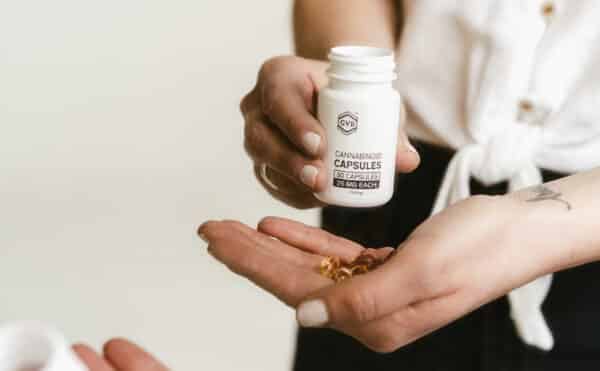
The Future of Hemp Nutraceuticals
The passing of the Farm Bill in 2018 combined with the rising demand for nutraceutical foods and supplements has bolstered the hemp market and forecasts a profitable future. This boost has been supported by both consumer demand and industry research and development. Several clinical studies have been funded by the NIH and other major medicinal laboratories to test the efficacy of hemp nutraceuticals in the treatment of a number of different disorders, including neurodegenerative diseases and anxiety disorders. Furthermore, consumers choose to purchase non-psychoactive hemp-based food and supplements to improve their health and ease the symptoms of chronic pain and disorders. Hemp foods and nutraceuticals (such as hemp seed and CBD respectively) are largely being developed as a major ingredient in tinctures, capsules, beverages, candies, and baked goods. The combination of consumer demand and promising research points to a growing nutraceutical hemp market for many years to come.
Nutraceutical cannabinoid FAQs
1. Is CBD a nutraceutical?
As we’ve mentioned, the fact that there is no official definition of the word “nutraceutical” makes it difficult to say whether or not CBD is a nutraceutical substance. Taken completely literally, CBD would not be considered a nutraceutical since it does not come from food.
At the same time, the term is now used much more loosely to refer to any natural health product. So, some people may categorize CBD under this banner.
2. Are hemp pills the same as CBD?
No, it should not be assumed that a product labeled as “hemp pills” will necessarily contain CBD. The hemp plant is very complex and contains a multitude of parts that might be used to make products.
Hemp seeds, for instance, are often used to make dietary supplements even though they do not contain any CBD. To make sure that your hemp pills genuinely contain CBD, look for the acronym “CBD” somewhere on the packaging along with some indication of the number of milligrams of CBD the product contains.
3. Which CBD is FDA-approved?
So far, the only CBD product that has been approved by the FDA is the pharmaceutical medication Epidiolex, and it has only been approved for a very limited number of purposes. You cannot buy Epidiolex without a doctor’s prescription, so none of the CBD available online is technically “FDA-approved.” The federal government is expected to move sometime in 2023, however, to progress the cause of hemp in America with another periodic Farm Bill.
Sources
1. Williamson, E. M.; Liu, X.; Izzo, A. A. Trends in Use, Pharmacology, and Clinical Applications of Emerging Herbal Nutraceuticals. British Journal of Pharmacology 2019, 177(6), 1227-1240. Retrieved from BPS Online Library: https://bpspubs.onlinelibrary.wiley.com/doi/full/10.1111/bph.14943
2. Frassinetti, S.; Moccia, E.; Caltavuturo, L.; Gabriele, M.; Longo, V.; Bellani, L.; Giorgi, G.; Giorgetti, L. Nutraceutical Potential of Hemp (Cannabis sativa L.) Seeds and Sprouts. Food Chemistry 2018, 262, 56-66. Retrieved from NIH: https://pubmed.ncbi.nlm.nih.gov/29751921/
3. Grand View Research Writing Staff. CBD Nutraceuticals Market Size, Share & Trends Analysis Report By Product Type (CBD) Tinctures, Capsules & Softgels, CBD Gummies), By Sales Channel, By Region, And Segment Forecasts, 2019 – 2026. 2019. Retrieved from Grand View Research: https://www.grandviewresearch.com/industry-analysis/cbd-nutraceuticals-market
4. National Institutes of Health. Estimates of Funding for Various Research, Condition, and Disease Categories (RCDC). June 25, 2021. Retrieved from NIH: https://report.nih.gov/funding/categorical-spending#/
5. Allied Market Research Writing Staff. CBD Nutraceuticals Market: Global Opportunity Analysis and Industry Forecast, 2020-2030. February 2022 Retrieved From Allied Market Research: https://www.alliedmarketresearch.com/cbd-nutraceuticals-market-A08082


